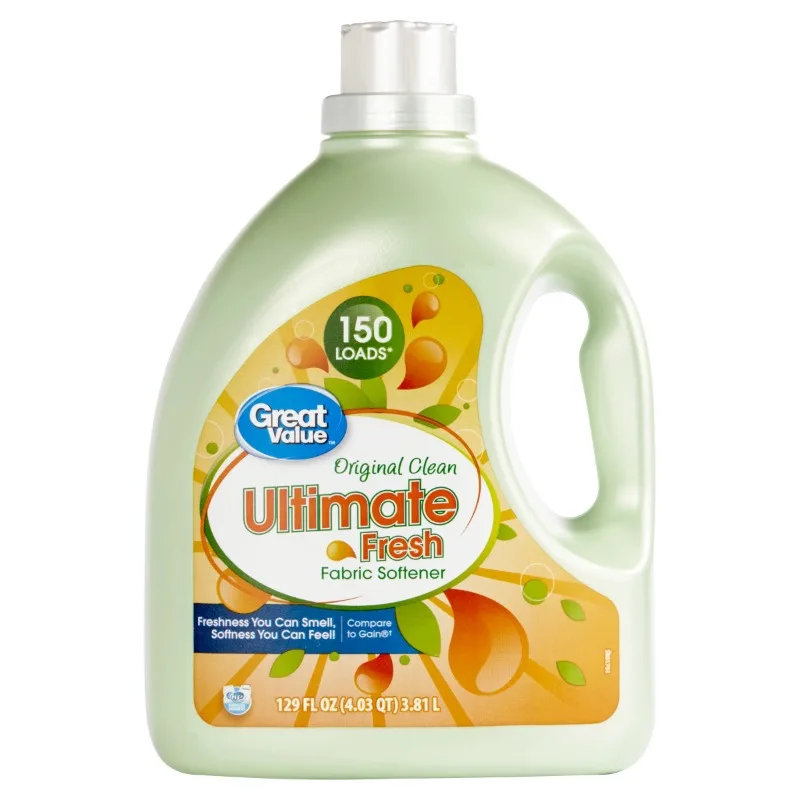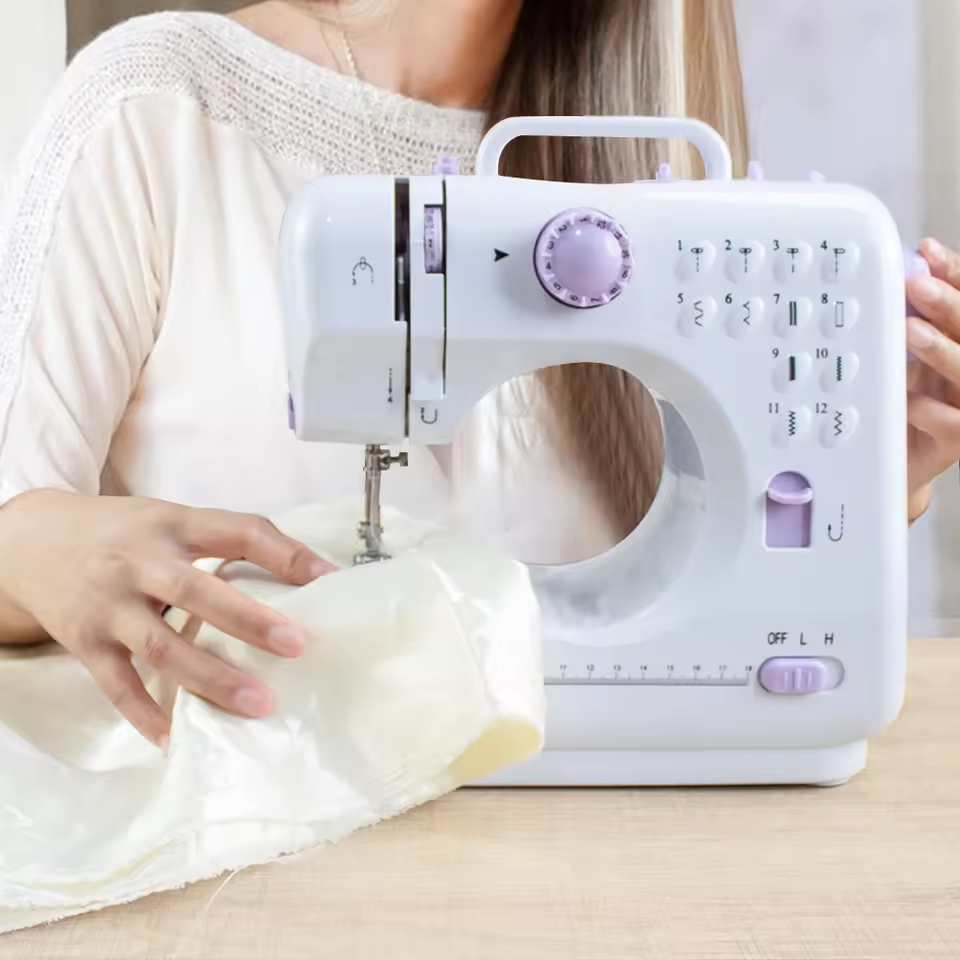Introduction
When it comes to doing laundry, there are many products on the market that claim to keep your clothes clean, soft, and smelling fresh. Among the most popular are fabric softeners and detergents. While both of these products serve the purpose of cleaning your clothes, they have different functions and are used at different points in the laundry process. In this article, we will explore the differences between fabric softeners and detergents, and determine which one is best for your laundry needs.
Understanding Detergents
Detergents are cleaning agents that are specifically designed to remove dirt, stains, and odors from your clothes. They come in various forms, including powders, liquids, and pods, and are formulated to work in different types of washing machines. Detergents contain surfactants, which are chemicals that help to disperse dirt and oils from the fabric and keep them suspended in the wash water. They also contain enzymes and other ingredients that target specific types of stains, such as protein-based stains like blood and sweat, or greasy stains like oil and grease.
The Role of Fabric Softeners
Fabric softeners, on the other hand, are designed to make your clothes feel softer and more comfortable to wear. They come in the form of liquid or dryer sheets and add to the final rinse cycle of the wash or in the dryer. Fabric softeners work by depositing a thin layer of lubricating chemicals on the fabric fibers, which reduces friction and makes the clothes feel smoother and more pliable. They also often contain fragrances that help to mask any lingering odors and give your clothes a fresh scent.
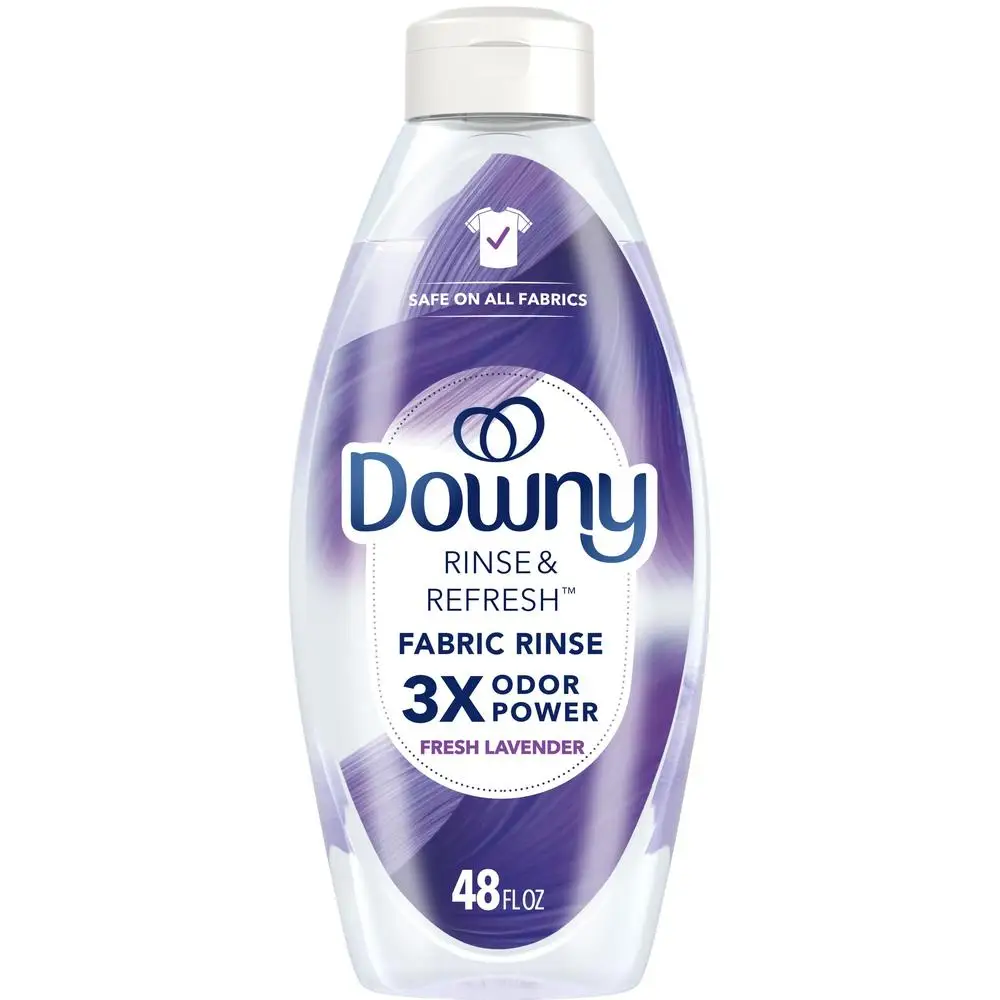
The Benefits of Detergents
Detergents are essential for removing dirt, grime, and stains from your clothes. They contain powerful cleaning agents that break down soil and help to lift it away from the fabric. Detergents also contain surfactants that help to keep dirt and oils suspended in the wash water, preventing them from redepositing on the clothes. Additionally, modern detergents are often formulated to work in cold water, which can save energy and help to preserve the color and integrity of your clothing.
The Advantages of Fabric Softeners
Fabric softeners provide several benefits to your laundry routine. Firstly, they make your clothes feel softer and more comfortable to wear, which is especially beneficial for items like towels, sheets, and delicate fabrics. Fabric softeners also reduce static cling, which can be a common issue when drying clothes in the dryer. Additionally, the fragrances in fabric softeners can help to freshen up your clothes and leave them smelling pleasant long after they have been washed.
Compatibility with Different Fabrics
When it comes to choosing between fabric softener and detergent, it is important to consider the types of fabrics you are washing. Some fabrics, like cotton and linen, benefit from the use of fabric softeners because they can become stiff and rough after washing. Delicate fabrics like silk and wool may also benefit from the use of fabric softeners to keep them feeling soft and luxurious. On the other hand, some synthetic fabrics, like athletic wear and performance fabrics, may not be compatible with fabric softeners, as they can leave a residue that interferes with the fabric’s moisture-wicking properties.
Environmental and Health Considerations
Another important factor to consider when choosing between fabric softener and detergent is their impact on the environment and your health. Many detergents contain chemicals that can be harmful to the environment, such as phosphates and surfactants. Some detergents also contain optical brighteners, which are chemicals that can build up on the fabric and cause allergic reactions in some individuals. Fabric softeners, on the other hand, may contain chemicals like quaternary ammonium compounds, which can be harmful to aquatic life and can cause skin irritation in some people.
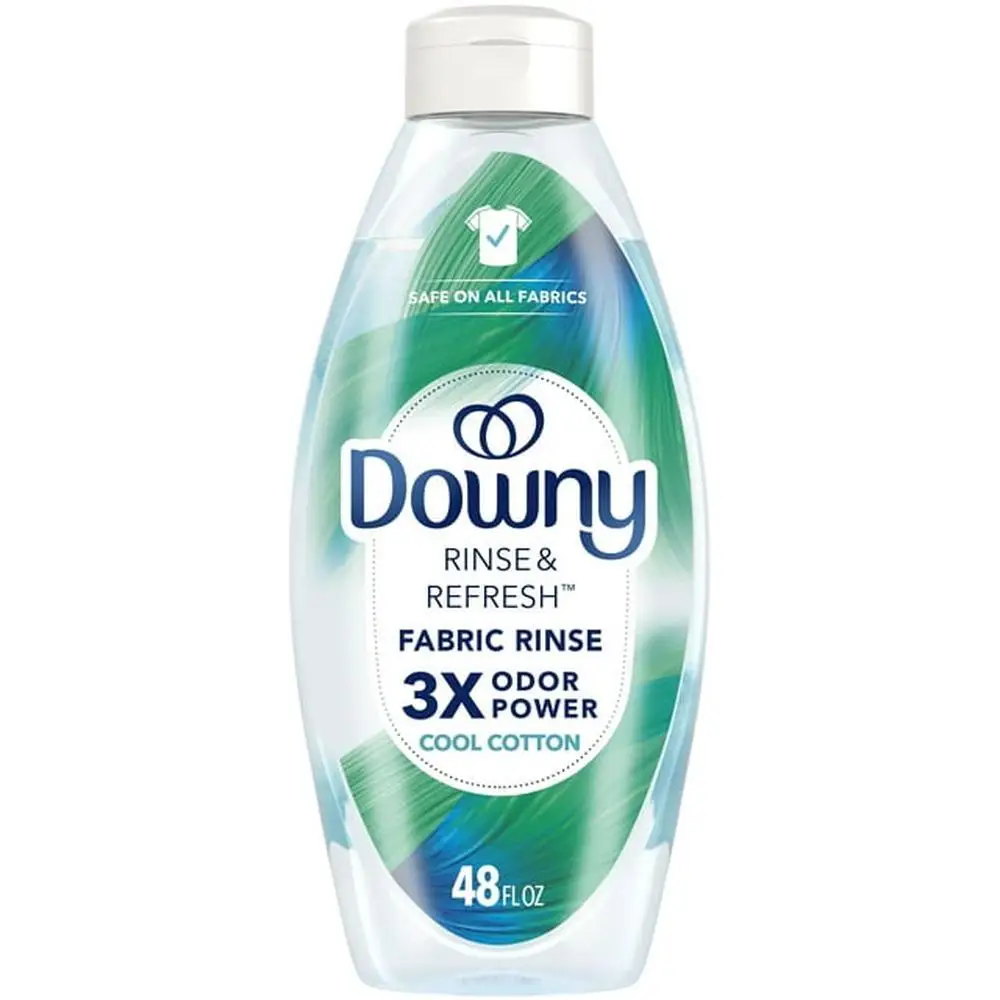
The Importance of Mental Health
Mental health is an essential component of a person’s overall well-being. It affects how people think, feel, and act. Taking care of one’s mental health is crucial in order to live a healthy and fulfilling life. Without good mental health, people may struggle with daily tasks, have difficulty maintaining relationships, and experience a decreased quality of life. It is important to prioritize mental health and seek help if needed in order to maintain a balanced and happy life.
Ways to Improve Mental Health
There are various ways to improve mental health and well-being. Engaging in activities that bring joy and relaxation, such as practicing mindfulness, exercising, and spending time with loved ones, can be beneficial for mental health. Seeking professional help, such as therapy or counseling, can also provide support and guidance for those struggling with mental health issues. It is important to prioritize self-care and take the necessary steps to improve mental health in order to live a fulfilling life.
Breaking the Stigma Surrounding Mental Health
There is a stigma surrounding mental health that can prevent people from seeking the help they need. It is important to break this stigma and create a supportive environment for those struggling with mental health issues. By openly discussing mental health and promoting understanding and empathy, we can create a culture of acceptance and support. It is important to educate ourselves and others about mental health in order to break the stigma and provide a safe space for those in need.
The Impact of Social Media on Mental Health
The rise of social media has brought about a new set of concerns regarding mental health. Studies have shown that excessive use of social media can lead to feelings of loneliness, anxiety, and depression. The pressure to constantly present a curated, perfect image of one’s life can contribute to a decline in mental well-being. Furthermore, the comparison to others’ highlight reels can lead to feelings of inadequacy and low self-esteem. As social media continues to play a significant role in our daily lives, it is essential to be mindful of its potential impact on mental health.
Social Media and Relationships
The advent of social media has both positively and negatively impacted relationships. On one hand, it allows for easy communication and the ability to stay connected with friends and family across the globe. However, on the other hand, it can also lead to miscommunication, jealousy, and conflict. The constant exposure to other people’s lives and relationships can create unrealistic expectations and feelings of dissatisfaction with one’s own relationships. It is important for individuals to set boundaries and communicate openly about their social media use within their relationships in order to maintain a healthy balance.
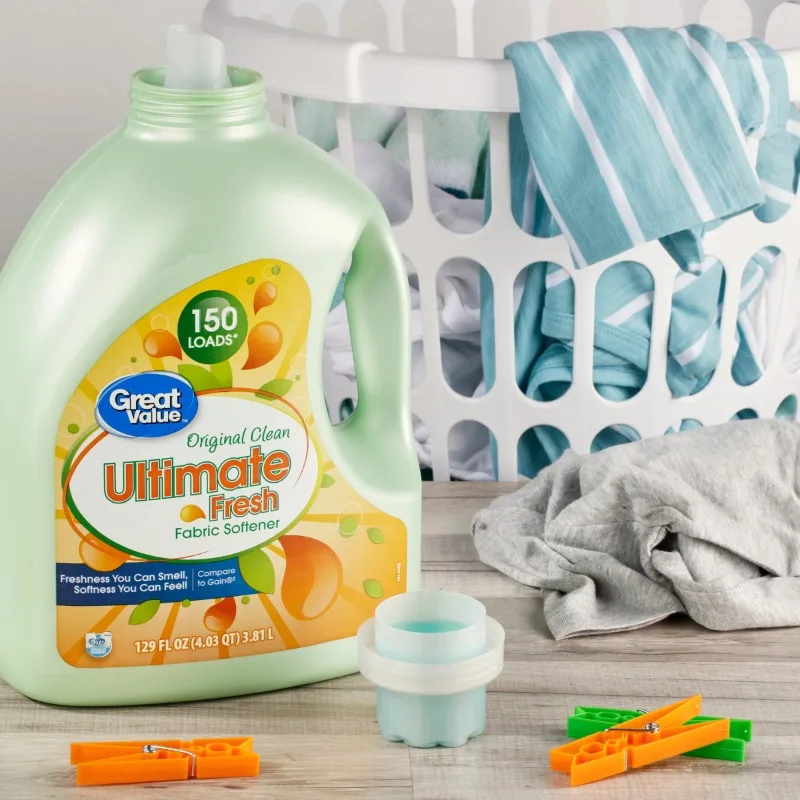
Choosing the Right Product for Your Needs
In conclusion, the choice between fabric softener and detergent depends on your specific laundry needs and preferences. Detergents are essential for cleaning your clothes and removing dirt and stains, while fabric softeners can provide added softness and fragrance. When choosing a detergent, look for one that is compatible with the type of washing machine you have, and consider environmentally-friendly options that are gentle on your clothes and the planet. When choosing a fabric softener, consider your fabric types and any allergies or sensitivities that may affect your use of scented products. Ultimately, the best approach to laundry care is to use both products when appropriate, and to seek out high-quality, environmentally-friendly options that deliver great results without compromising your health or the environment.






